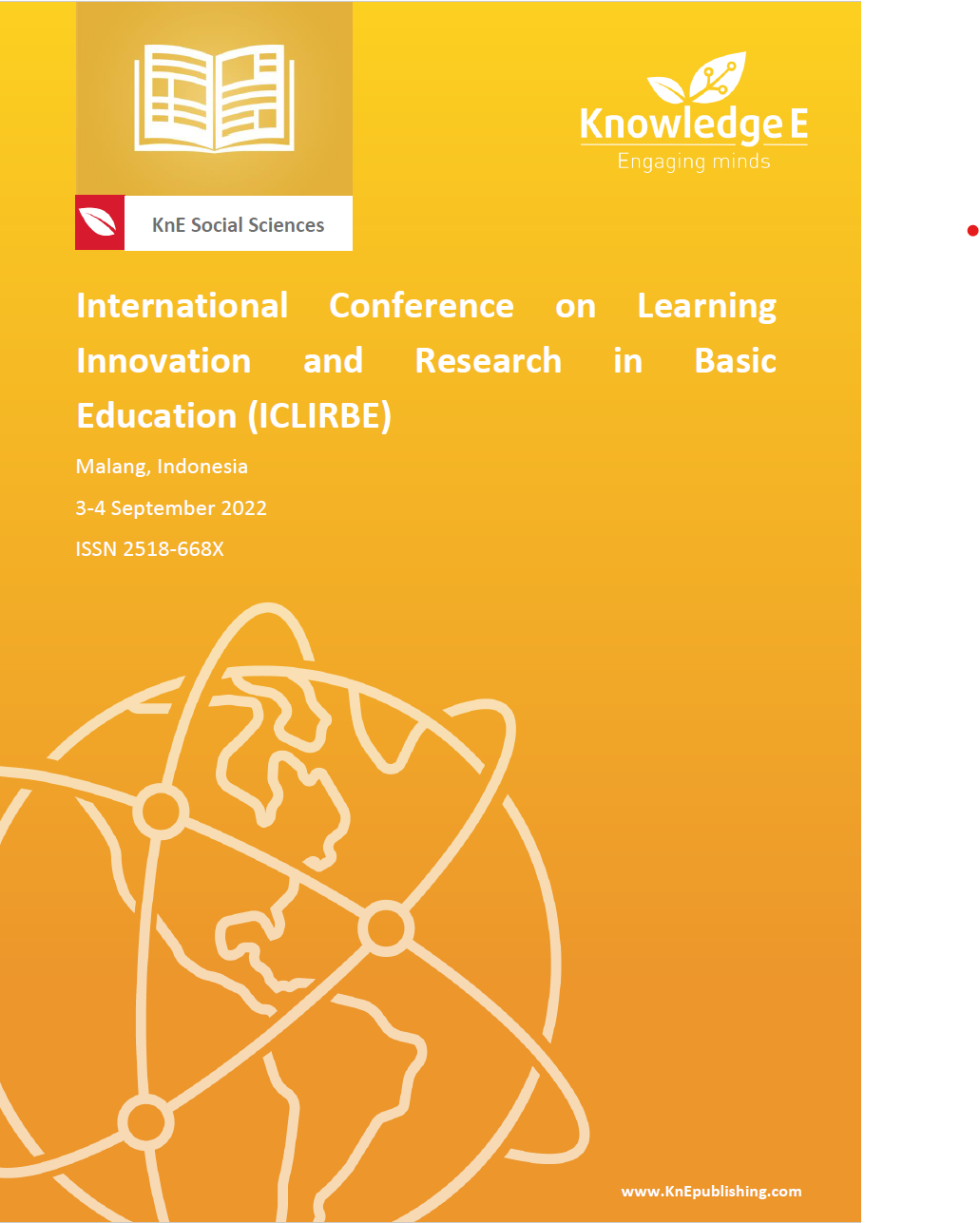Differences in the Effectiveness of Utilizing Whatsapp Group in Synchronous and Asynchronous Class III Online Learning at SDN Ardimulyo 01
DOI:
https://doi.org/10.18502/kss.v8i8.13279Abstract
This study aims to describe: (1) Whether the use of WhatsApp groups in online learning can improve student learning outcomes. (2) What is the level of effectiveness of online learning by utilizing the WhatsApp group conducted at SDN Ardimulyo 01? This research was conducted using an experimental method. Data were collected through test, questionnaire, and documentation. The population in this study were students of class III SDN Ardimulyo 01 and the sample of this study were the students of class III A. The sampling technique used was purposive sampling technique. The experimental results showed (1) an increase in intermediate learning outcomes. The pre-test and post-test after being given the treatment with the gain score data for the experimental class was 54.5%, while the control class was 45.5%, so it can be said that the gain score for the experimental class was higher than the control class. (2) The average overall data in the student questionnaire was 74.5 which is included in the category of the effectiveness level interpretation value in the range 61-80, which is effective.
Keywords:
References
[2] W. Yulianingsih, S. Suhanadji, R. Nugroho, and M. Mustakim, “Keterlibatan Orangtua dalam Pendampingan Belajar Anak selama Masa Pandemi Covid-19,” J. Obs. J. Pendidik. Anak Usia Dini, vol. 5, no. 2, pp. 1138–1150, 2020, doi: 10.31004/obsesi.v5i2.740.
[3] Sugiyono, Combined research methods (mixed methods). Bandung: alfabeta, 2015.
[4] Syamsudin and Damayanti, Language education research methods. Bandung: Youth Rosdakarya, 2011.
[5] Simanihuruk & Lidia, E-learning implementation, strategy and innovation. Medan: Our Writing Foundation, 2019.
[6] Jumiatmoko, “Whatsapp messenger in benefits and Adab overview,” Wahana Akad., no. 3(1), pp. 51–66, 2016.
[7] Kusumah & Wijaya, Creating effective learning patterns from home. Tata Akbar, 2020.

